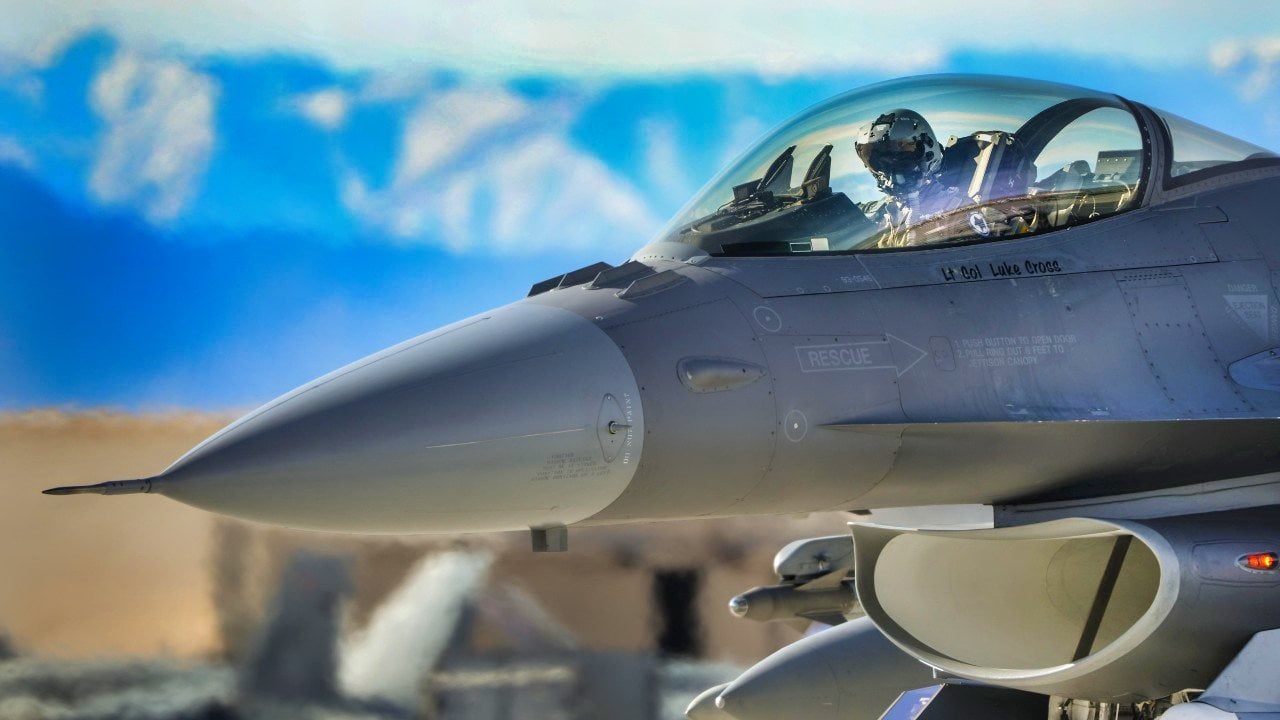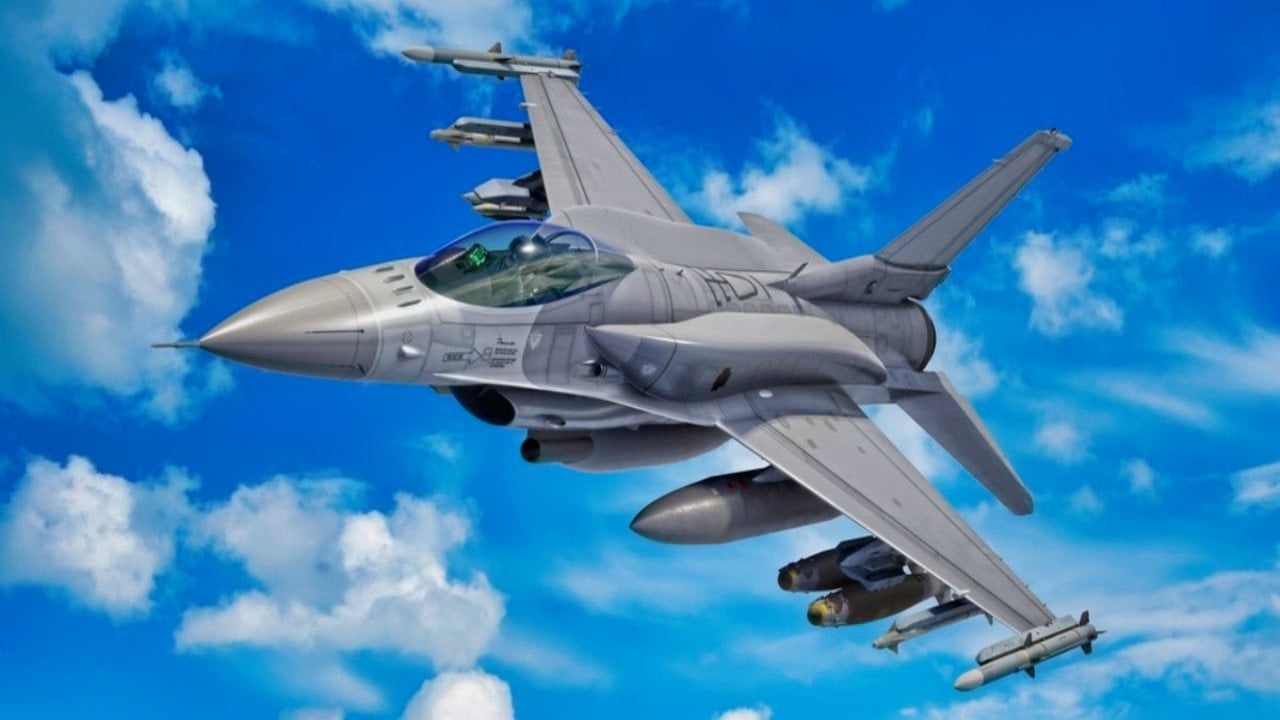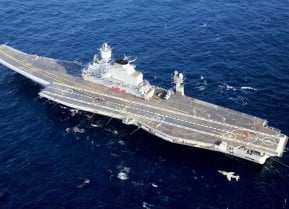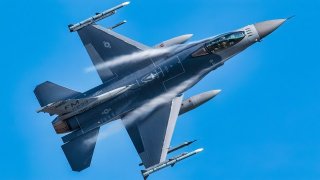Turkey Wants to Buy A Massive Fleet of F-16 Fighter Jets
After months of deliberations, the U.S. State Department has greenlighted Turkey’s request for scores of upgraded F-16 Fighting Falcon fighter jets.
After months of deliberations, the U.S. State Department has greenlighted Turkey’s request for scores of upgraded F-16 Fighting Falcon fighter jets.
We are talking about a huge order worth tens of billions of dollars.
Turkey: May I Have Some F-16s, Please?
With an estimated worth of $23 billion, the package includes 40 new F-16 Block 70/72 “Viper” fighter jets and the modernization of 79 existing aircraft of older versions to “Vipers.”
“The proposed sale will allow Türkiye to expand and modernize its fleet of F-16 aircraft as older F-16 aircraft approach the end of their service life,” the State Department said in a press release.
In addition, the package contains hundreds of air-to-air and air-to-ground munitions, including AIM-9 Sidewinder heat-seeking air-to-air missiles, Joint Direct Attack Munitions (JDAMs), and AIM-120 Advanced Medium Range Air-to-Air Missiles (AMRAAMs).
“These new and refurbished aircraft will provide Türkiye with a fleet of modernized multi-role combat aircraft to enable it to provide for the defense of its airspace, contribute to NATO missions to preserve regional security and defend NATO Allies, and maintain interoperability with U.S. and NATO forces,” the State Department added.
The package also includes maintenance and support.
“Türkiye has F-16 aircraft in its inventory and will have no difficulty absorbing these aircraft and services into its armed forces," the State Department said.
Congressional Headwinds on Turkey F-16 Deal
On the same day the State Department greenlighted Turkey’s F-16 request, Washington also approved Greece’s request for 40 F-35A Lighting II stealth fighter jets.
Thus, the approval of Turkey’s program is a clear move to appease certain Turkish pushback from the sale of F-35 Lighting IIs to Greece—Turkey, after all, was in the F-35 Program but was kicked out after buying S-400 air defense weapons from Russia in an attempt to antagonize America and NATO. Since the end of World War Two, the U.S. has been trying to keep a balance between Greece and Turkey. Both NATO members, the two countries share an animosity that dates back more than 1,000 years.
However, both sales must first pass from Congress. And although Greece's F-35 request isn’t expected to face any serious challenge, Turkey’s F-16 modernization program is another story.
Turkish President Tayyip Erdogan has been antagonizing—often bordering on opening hostility—the U.S. and NATO for more than eight years. He bought S-400 air defense batteries from Russia. He invaded Syria and attacked the Kurdish allies of America. He blocked Sweden’s membership bid to NATO for months. He has hosted and enabled the Hamas terrorist organization that wreaked havoc on Israel. And he has been violating Greek and Cypriot sovereignty in the Aegean Sea and Eastern Mediterranean.

Naturally, his vitriolic anti-American, anti-Western rhetoric and actions have made him quite unpopular in Washington and the European capitals. Turkey’s request to modernize its aging and problematic F-16 fighter jet fleet is expected to face serious opposition in Congress—even to the point of cancellation.
Turkey is an important member of NATO and a key U.S. ally. Its behavior over the past few years, however, is anything but that of a friend.

About the Author
Stavros Atlamazoglou is a seasoned defense journalist specializing in special operations and a Hellenic Army veteran (national service with the 575th Marine Battalion and Army HQ). He holds a BA from Johns Hopkins University and an MA from the Johns Hopkins School of Advanced International Studies (SAIS). His work has been featured in Business Insider, Sandboxx, and SOFREP. Email the author: [email protected].


